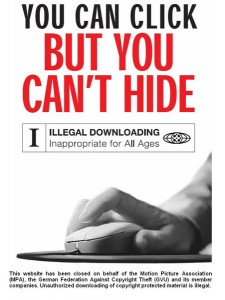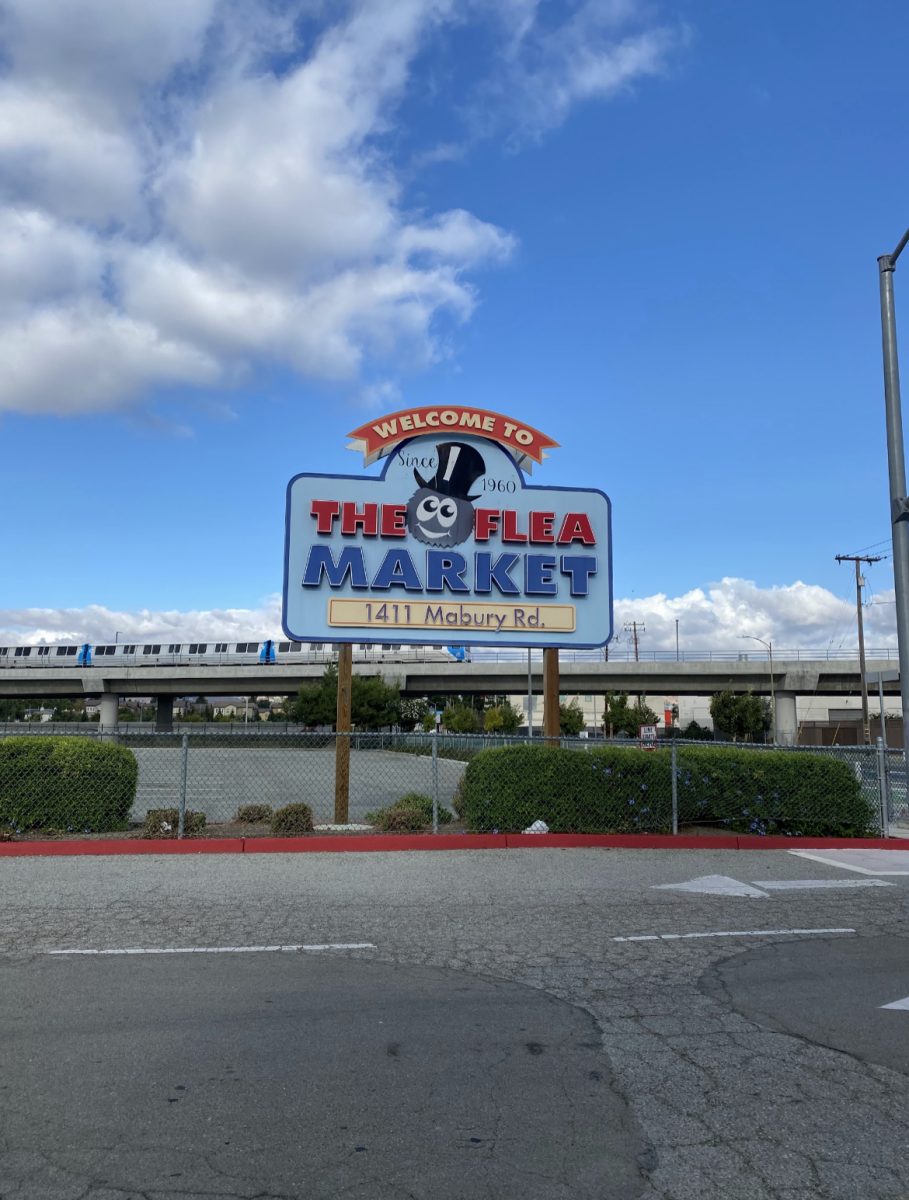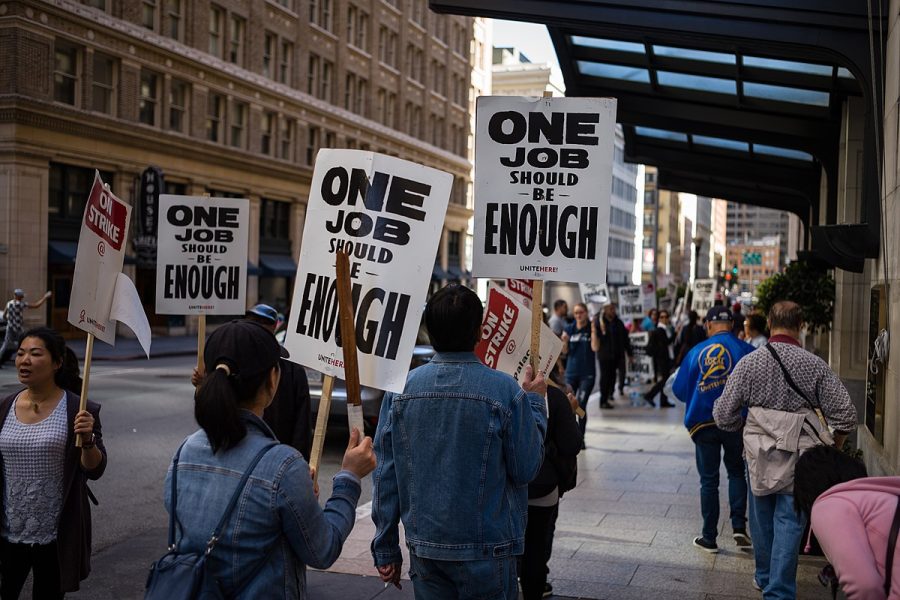
The battle between the adult entertainment industry and illegal downloaders recently peaked with the arrival of copyright lawsuits in over 200,000 anonymous defendant’s mailboxes around the United States.
Similar in many ways to the music industry’s campaign in 2008 to prohibit music file sharing, the adult film industry has summoned John and Jane Does to federal court in attempt to punish suspected porn pirates for illegally downloading films over BitTorrent, a file sharing program.
The prominent difference between the two campaigns is the adult industry’s lawyers’ desire to sue thousands of alleged porn pirates simultaneously.
Though federal judges across the nation will witness the legal battle in their courtrooms, a high number of cases are scheduled to take place in the Bay Area, as well as Texas, West Virginia and Chicago.
These pirating allegations stemmed from the adult film industry’s assertion that revenue lost from digital piracy is causing serious financial issues for their businesses.
The film industry loses a hefty $6.1 million annually to Internet piracy, according to a recent study cited by the Motion Picture Association.
Dubbed the “pirate slayer,” the primary prosecuting attorney John Steele has taken the reigns of the campaign.
“Our clients are losing millions of dollars from people stealing their movies,” Steele said in a recent statement. “They should get their money back from thieves.”
Steele and other lawyers representing the copyright cases have linked the anonymous defendants to Internet protocol addresses (IP) that are unique to each individual computer when connected to the Internet.
Though anonymity was given to the multiple defendants across the nation, there is a possibility that their identity will be exposed.
The defendants were offered a deal to settle the case for $1,500 to $2,500 or to fight the case in court and have their names linked to the trial.
Rather than be named in a public lawsuit that would identify them as porn consumers, dozens around the United States feel coaxed into settling.
Bay Area resident James R. admitted to downloading pornographic films illegally, but has managed to slip under the prosecuting lawyers’ radar.
“I feel for the defendants,” he said. “The porn industry’s attempt for justice is a shiesty one. If I was in that situation, I would pay.”
Based out of San Francisco, the Electronic Frontier Foundation (EFF)—known for its advocacy for digital rights—supports the defendants’ views of the prosecuting lawyers’ tactics.
The EFF voiced their contempt in public statements against the adult film industry.
“The industry is abusing the court system by casting a wide net that ends with menacing letters to embarrassed targets who’d rather cut a check than fight back and be identified in court as someone who may have downloaded porn,” an EFF representative said in a statement to the San Jose Mercury News.
Some adult film studios are not in support of the majority decision to pursue copyright violators in court. Pink Visual, an adult film studio based out of Los Angeles, has taken a different approach to stopping digital piracy.
In a recent statement made to CNET News, the company said they are focused on making legal purchases so convenient that illegal film downloading will become less attractive given the possible risks.
Judges nationwide have issued different verdicts, some have refused to dismiss cases on the grounds that copyright infringement is a serious offense while others have tossed out lawsuits.
Through the entire ordeal, adult film industry companies involved in the lawsuits have managed not to comment.








